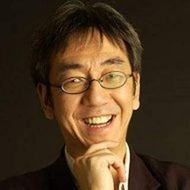The helpless fate of seven million Hong Kongers fighting the pandemic
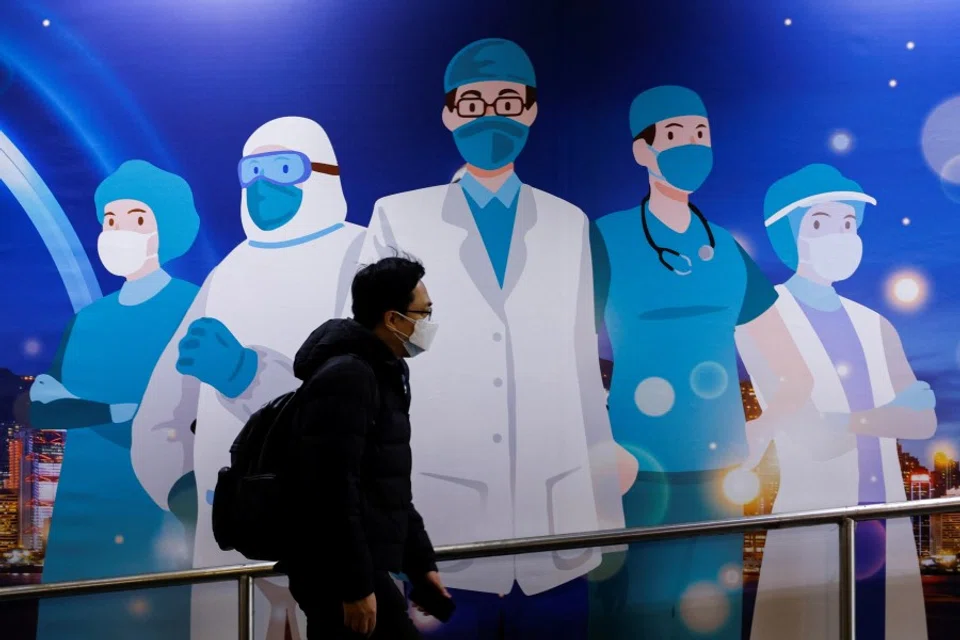
People in the UK are celebrating their freedom as the government lifts all Covid-related restrictions a month ahead of schedule. The Australian government has also announced that it is opening its borders to fully vaccinated foreign visitors in March. The World Health Organization (WHO) agrees with plans for "living with the virus", and Anthony Fauci, chief medical advisor to the US president, has said that the Western world might see its economy and daily life go back to normal within this year.
Shifting focus to China's 'dynamic zero-Covid' policy
Apart from mainland China and Hong Kong, the whole world appears to be breathing a sigh of relief. But how is the pandemic in developing countries, such as in Africa, the Caribbean and the poorest parts of Latin America? How many confirmed cases and deaths are there?
The Western free press no longer cares. After all, it's every person for themselves and egocentrism is a given, and even the most generous and considerate person would have a pragmatic side.
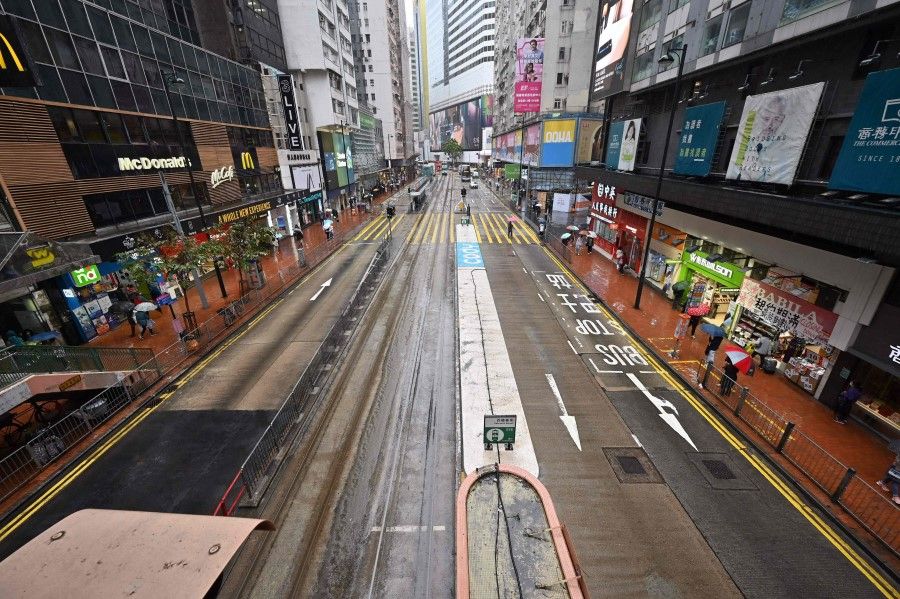
Instead, the world has shifted focus to China's "dynamic zero-Covid" policy outlook. China is sticking to this policy as part of its efforts to build a so-called new world order, to read the pulse of the world economy [so as to help heal it] and to build a "community with a shared future for mankind".
Many Chinese cities are able to implement the dynamic zero-Covid policy because the Chinese people fear death, want stability and are too attached to life.
Dynamic zero-Covid is not an academic term recognised by the West. There is no accurate English translation, and it is not used in international medical publications. It is a method borne out of China's century of "painstaking exploration" (艰辛探索) that blends different models: the Qin dynasty governance style of legalist thinker and statesman Shang Yang, who used the central authority to push for strict organisational discipline and mobilisation capabilities; a "neighbourhood committee" style of self-monitoring among the people; and the iron-fist control reminiscent of Nazi Germany in the 1930s.
Many Chinese cities are able to implement the dynamic zero-Covid policy because the Chinese people fear death, want stability and are too attached to life. Centralised governments in each region have also been quick to send food and daily necessities to residential units that are placed under lockdown.
At the same time, the neighbourhood committee plays an "active role" to ensure that the whole country is on the same page. The people become like worker ants - just a single command and all will obey.
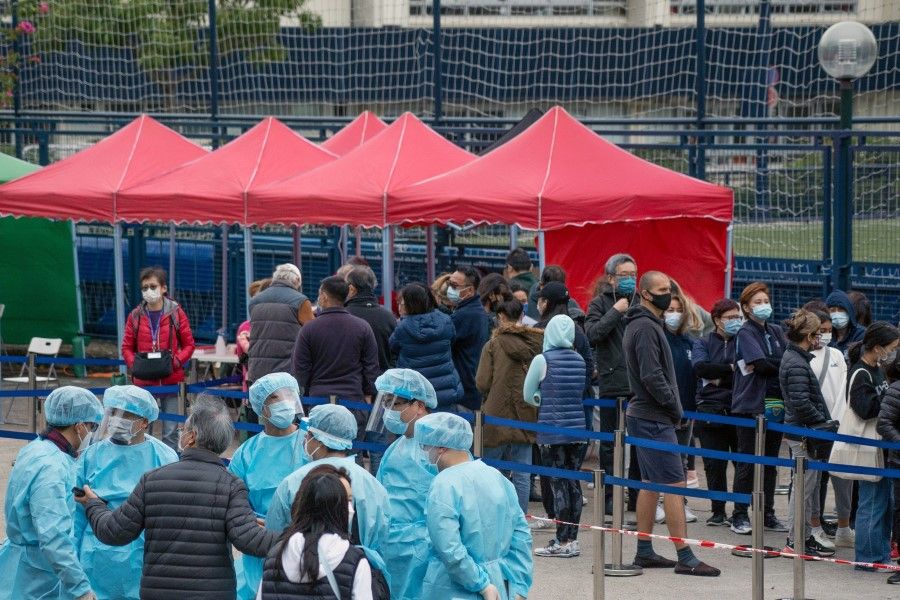
Politicisation of pandemic measures
In contrast, Hong Kong's system is neither here nor there. With the freedom of information on the internet and the recent "improvement" of the Legislative Council (LegCo), pro-China patriotic groups were the first to obey centralised orders to "monitor" the Hong Kong government and ensure "checks and balances".
Also, Hong Kong's traditional leftists have long resented the fact that the so-called "AO party" of administrative officers - also known as "leftover British scum/dregs" (港英余孽) going back to colonial times - have long dominated resources and administrative power.
Pandemic measures have been politicised in both mainland China and Hong Kong. However, in Hong Kong's case, it needs to face the rest of the world while considering foreign investors, and at the same time implement top-down orders from the central government. Carrie Lam is caught in the middle and is now probably feeling angered and anguished.
The politicised situation, coupled with the fragile psyche of this generation of Hong Kongers, have left the special administrative region in a poor state.
Hong Kong caught in the middle
If one claims that Lam is the cause of Hong Kong's tragedy over the past three years, then this could only be true up until the dynamic zero-Covid phase kicked in. However, due to her own psychological resistance to the dynamic zero-Covid approach, her mental fortitude towards its implementation is also showing signs of cracking.
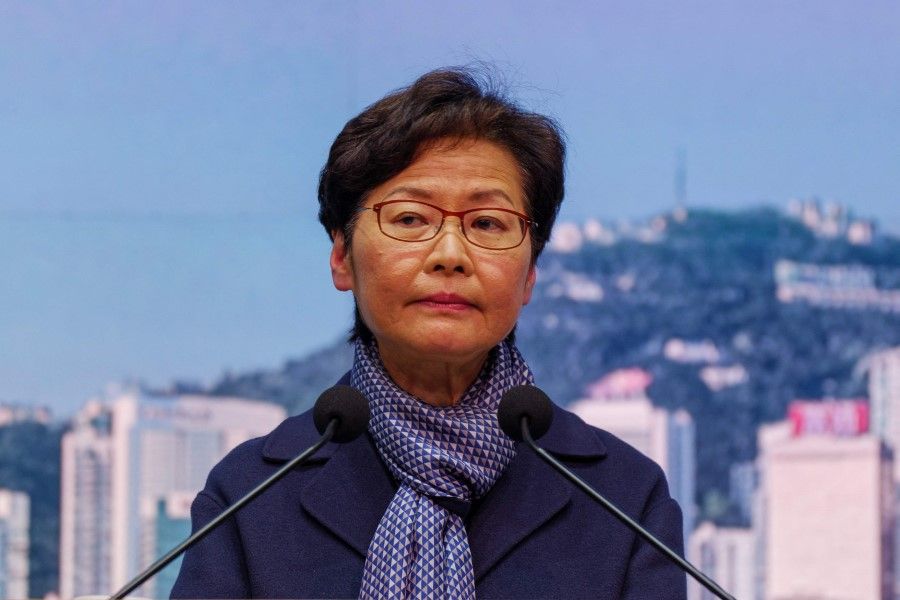
Furthermore, the local elites in the Hong Kong government lack administrative logic. For example, why is Wong Tai Sin Temple under lockdown with gatherings banned, but people are still allowed to offer incense and prayers at Che Kung Temple? Does the Omicron virus only attack Wong Tai Sin, while staying friendly to Che Kung Temple?
The politicised situation, coupled with the fragile psyche of this generation of Hong Kongers, have left the special administrative region in a poor state. If the Hong Kong government announces that just 20 people could die in the next wave, public panic will ensue. This figure would pale in comparison with, for example, the US where 900,000 out of a total population of 330 million have died so far. Perhaps this is Darwinism - the Western social gene formed by two hundred years of rooting in the soil of Western culture.
The coronavirus is not just a medical and scientific tussle between Asian and Western cultures, it is also a major battle of China committing to its beliefs, wanting to take over from the US in determining global values for the next century. In this battle, Lam has been forced to choose sides. This is the helpless fate of seven million Hong Kongers in this crevice of history.
This article was first published in Chinese on CUP media as "一國的雄視,「兩制」的尷尬". Related: The fight against Omicron reveals Hong Kong's disunity | Hong Kong and Covid-19: Resilience amid adversity | China's zero-Covid era to end after Chinese New Year? | 'Zero-Covid' or living with the virus: Does Hong Kong know what it wants? | China raises its international game with 'pandemic diplomacy' in Europe
